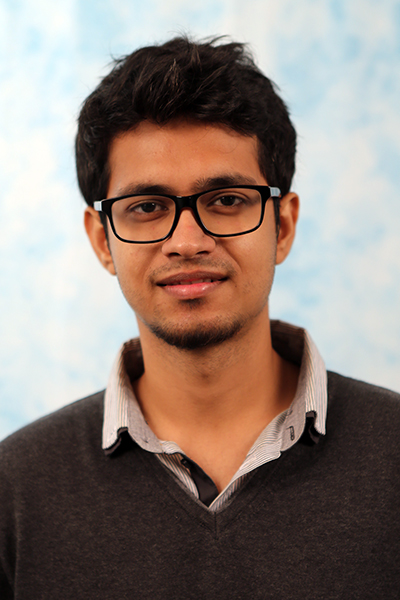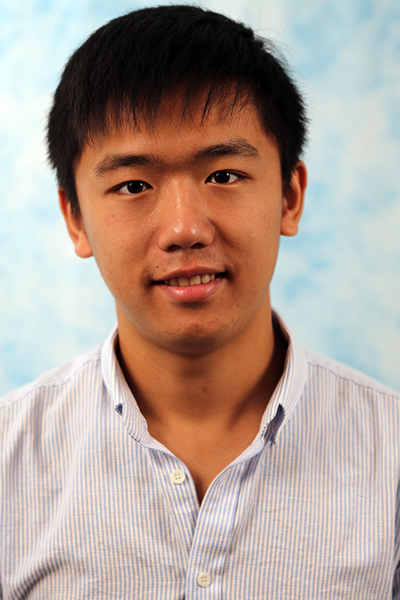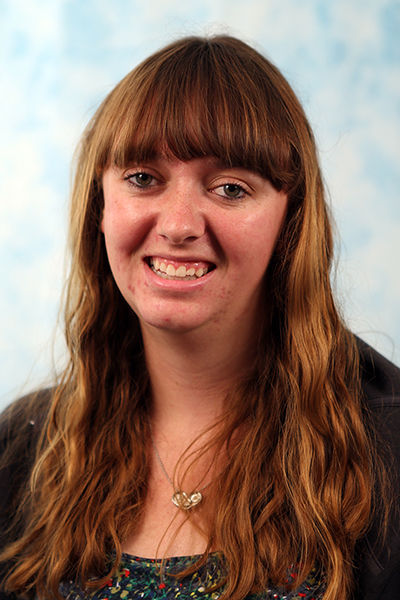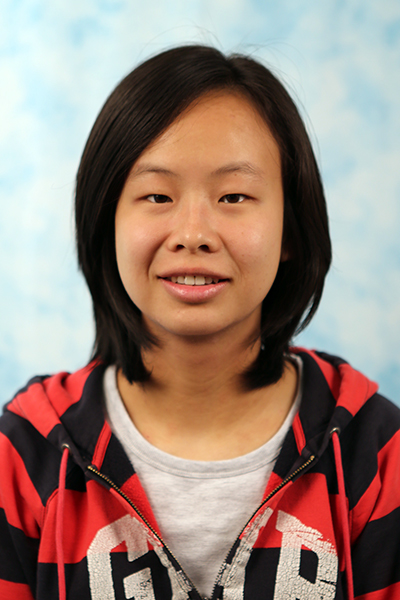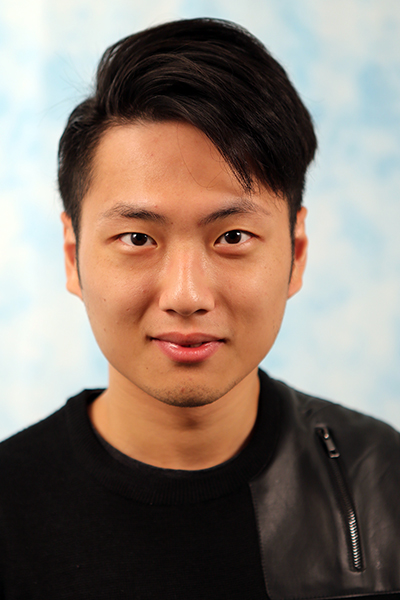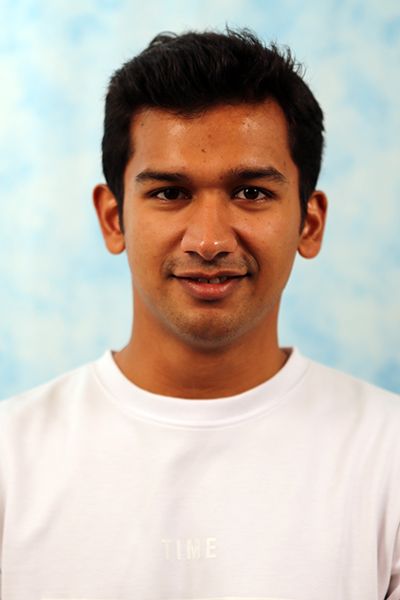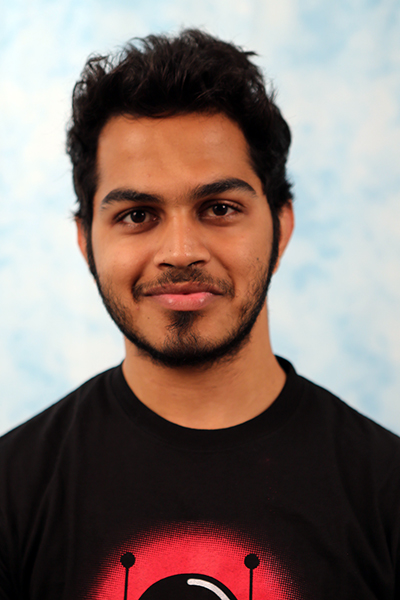Carnegie Mellon University
Satyaki Chakraborty – MSR Thesis Talk
Title: Detecting objects in videos under occlusion Abstract: While object detection in videos has received a lot of attention in the past few years, most existing methods in this domain do not target detecting objects when they are occluded. However, being able to detect or track an object of interest through occlusion has been [...]
Carnegie Mellon University
MSR Thesis Talk – Junjiao Tian
Title: Detailed Image Captioning with Hierarchical Attention Abstract: Automatic image description is the task of generating a natural sentence which reflects the visual content of an image. A lot of deep learning architectures have been explored in the past few years. While researchers have made great improvement on generating syntactically correct sentences by learning from [...]
Carnegie Mellon University
Analysis of Spatio-Temporally Varying Features in Optical Coherence Tomographic (OCT) and Ultrasound (US) Image Sequences
Abstract: Optical Coherence Tomography (OCT) and Ultrasound (US) are non-ionizing and non-invasive imaging modalities that are clinically used to visualize anatomical structures in the body. OCT has been widely adopted in clinical ophthalmology due to its micron-scale resolution to visualize in-vivo structures of the eye. Ultra-High Frequency Ultrasound (UHFUS) captures images of tissue at a [...]
Carnegie Mellon University
MSR Thesis Talk – Karen Orton
Title: Inching for Planetary Rovers Abstract: . Inching, also called push-rolling, is method of moving for vehicles that can change the position of their wheels relative to their body. Like an inchworm, it is possible to hold some wheels stationary while advancing the others and the body. In this research a test apparatus capable [...]
RI Faculty Social
All Robotics Institute faculty are invited to attend this informal team-building business/social event. Beverages and snacks will be provided.
Sha (Yisha) Yi – MSR Thesis Talk
Title: Improving Scalability in Multi-Robot Systems with Abstraction and Specialization Abstract: Planning and controlling multi-robot systems is challenging due to high dimensionality. When the number of robots increases in the system, the complexity of computation grows exponentially. In this thesis, we examine the scalability problem in planning and control of the multi-robot system. We propose [...]
Carnegie Mellon University
MSR Thesis Talk – Andy (Chieh-En) Tsai
Title: A Generative Approach for Socially Compliant Navigation Abstract: Robots navigating in human crowds need to optimize their paths not only for the efficiency of their tasks performance but also for the compliance to social norms. One of the key challenges in this context is due to the lack of suitable metrics for evaluating and [...]
Carnegie Mellon University
Shubham Agrawal – MSR Thesis Talk
Title: 3D Face Geometry Capture Using Monocular Video Abstract: Accurate reconstruction of facial geometry has been one of the oldest tasks in computer vision. Despite being a long-studied problem, many modern methods fail to reconstruct realistic looking faces or rely on highly constrained environments for capture. High fidelity face reconstructions have so far been [...]
Carnegie Mellon University
Tejas Khot – MSR Thesis Talk
Title: Unsupervised Learning for 3D Reconstruction and Blocks World Representation Abstract: Recovering the dense 3D structure of a scene from its images has been a long-standing goal in computer vision. Recent years have seen attempts of encoding richer priors into the geometry-based pipelines with the introduction of learning based methods. We argue that the form of 3D [...]
Tracking Beyond Detection
Abstract: The majority of existing vision-based methods perform multi-object tracking in the image domain. Yet, in mobile robotics and autonomous driving scenarios, pixel-precise object localization and trajectory estimation in 3D space are of fundamental importance. Furthermore, the leading paradigms for vision-based multi-object tracking and trajectory prediction heavily rely on object detectors and effectively limit tracking [...]
